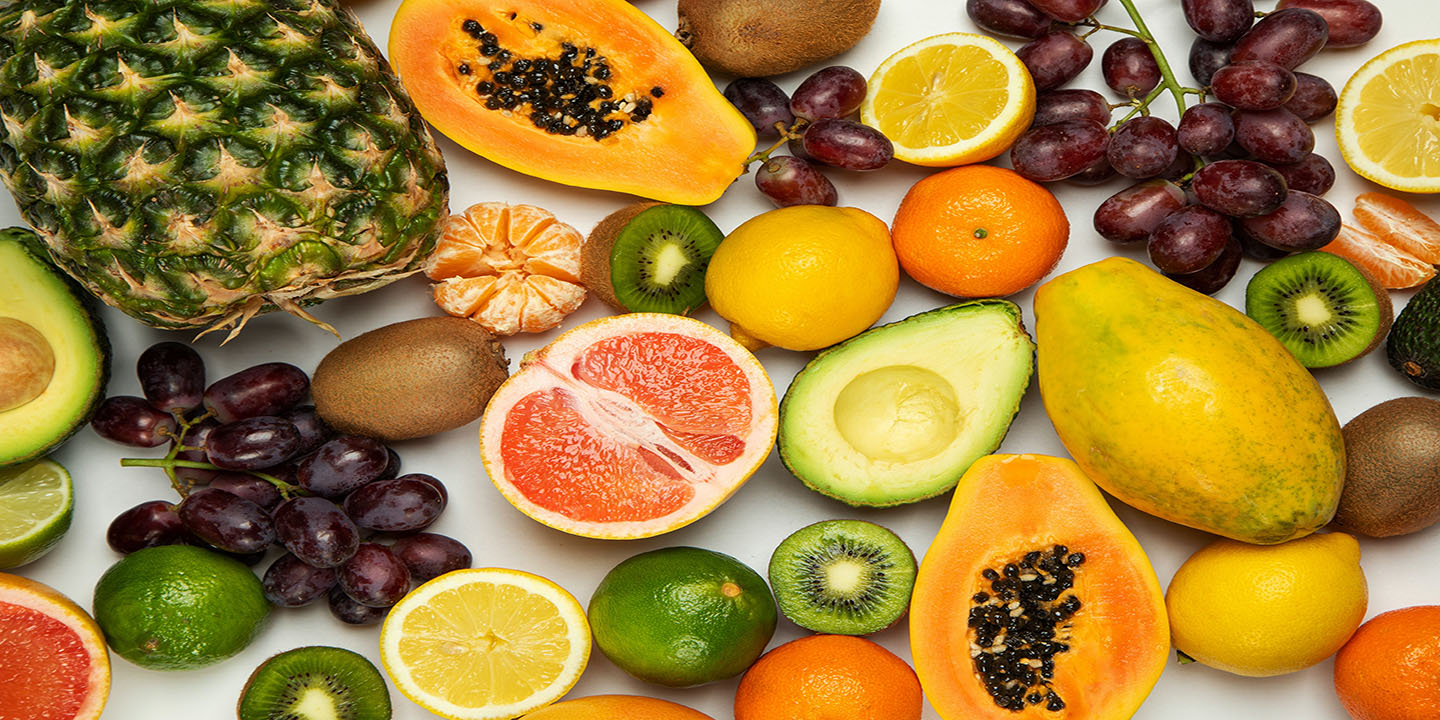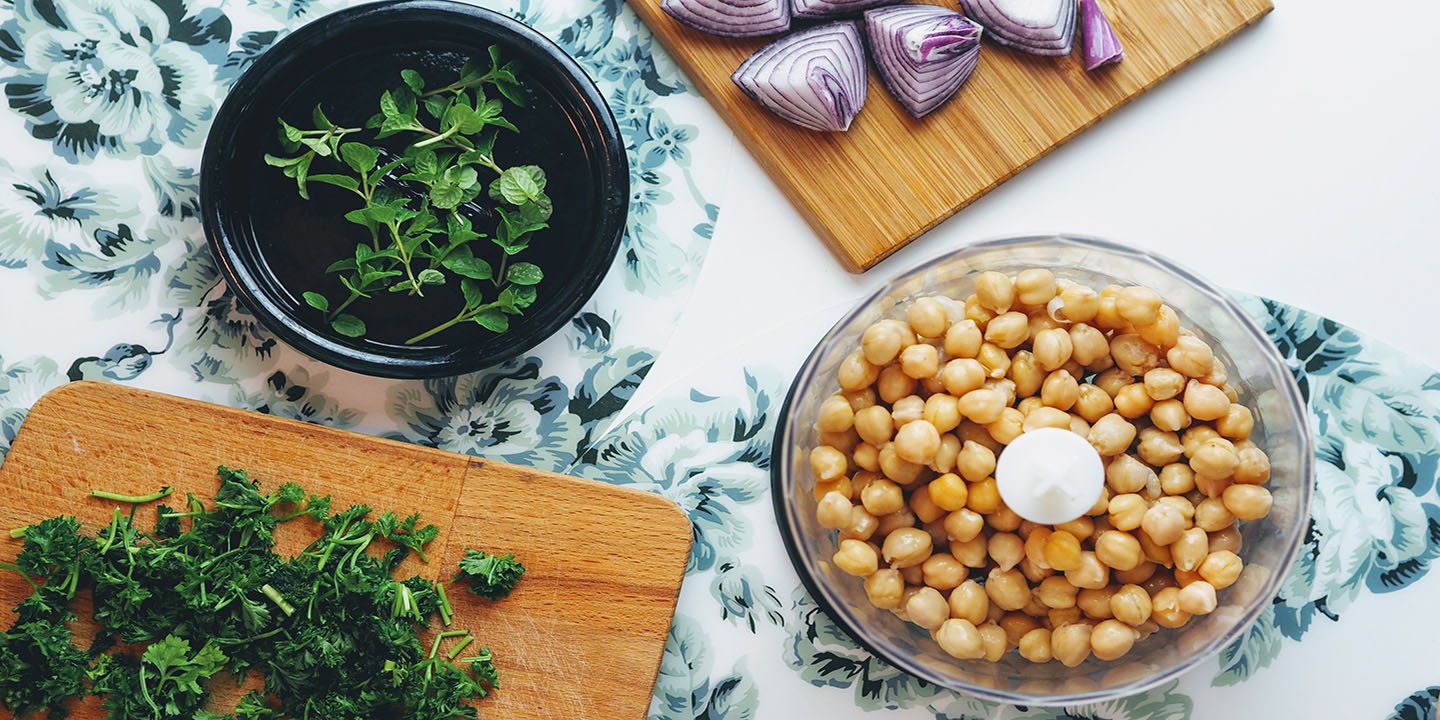Struggling to improve your diet? Eating healthy doesn’t mean you have to forego all your favourite foods and stick to a strict diet plan. When it comes to a healthy diet, it’s all about balance, variety, and moderation. It’s about providing your body with the nutrients it needs to function optimally, improve your overall well-being, and reduce your risk of chronic diseases. Below, we explore five effective ways you can adopt a healthier diet. Each tip will help you make better dietary choices all while ensuring the journey to healthier eating remains enjoyable, fulling, and most importantly, sustainable.
1. Eat More Fruits and Vegetables
The best step you can take when it comes to having a healthier diet is increasing your intake of fruits and vegetables. These colourful food items are packed with vitamins, minerals, antioxidants, and all the good stuff that your body needs. They’re low in calories and high in dietary fibre, which will help to promote feelings of fullness. This makes munching on some carrot sticks or apple slices the perfect healthy snack.
Aim for at least five servings a day, and try to include a variety of different types and colours into your diet. Whether it’s fresh, frozen, or canned fruits and vegetables, they’re all good choices. One thing to be mindful of is the added sugars in canned fruits and high sodium levels in certain canned or frozen vegetables.
 Photo by engin akyurt on Unsplash
Photo by engin akyurt on Unsplash
2. Limit Added Sugars
While natural sugars found in fruits, vegetables, and dairy are essential components of a healthy diet, added sugars contribute little to no nutrients and are more or less just empty calories. We know that it can be hard saying no to sweet treats like donuts, cakes, and ice cream, but excessive consumption of added sugars has been linked to a range of health issues. From obesity to heart disease to type 2 diabetes, having too much added sugar simply leads to zero benefits.
So what are ways to reduce the amount of added sugar we consume? You can start by limiting how many sugar-sweetened beverages, processed foods, and sweets you have in a day. Instead, try opting for naturally sweet fruits that can help you satisfy your sweet tooth. More importantly, try your best to enjoy them! Reading food labels is also a great habit to get into - this can help you identify hidden sugars in unsuspecting foods like sauces, dressings, and bread.
 Photo by Alexander Grey on Unsplash
Photo by Alexander Grey on Unsplash
3. Choose Whole Grains
Although you may like your cheesy bread or plain white bread, switching to whole grain is an easy way to improve your diet. Whole grains are an excellent source of fiber, protein, and a variety of vitamins and minerals. Compared to refined grains, whole grains retain all parts of the grain - the bran, germ, and endosperm. Foods made from these grains are rich in fiber which promotes a lot of health benefits. They can help regulate your digestion, reduce bad cholesterol levels, and lower your risk of heart disease, stroke, obesity, and type 2 diabetes. For such a simple switch, it’s definitely worth it. Swapping to whole grain foods doesn’t just stop at bread, try swapping your pasta and rice for the added health improvement.
 Photo by Young Shih on Unsplash
Photo by Young Shih on Unsplash
4. Opt for Lean Proteins
If you’re a big meat-eater, this is an important point for you to follow. Protein is a critical component of any healthy diet, playing a vital role in muscle development, immune function, and cell repair. Unfortunately, many protein-rich foods, especially certain types of meat, can be incredibly high in saturated fats. So to find that perfect balance, it’s a good idea to choose lean protein sources such as poultry, fish, legumes, nuts, and low-fat dairy products.
But that doesn’t mean we’re saying you can never have a delicious piece of red meat anymore, it just means you have to be more conscious with your choices. If you decide to eat red meat, try and select leaner cuts and remember to limit your intake.
 Image by Jhon Sancjez from Pixabay
Image by Jhon Sancjez from Pixabay
5. Stay Hydrated
It’s so important to drink plenty of water every single day. Staying hydrated is such a simple step, but it’s often overlooked in diet plans despite its integral role in overall improved health. Water helps regulate body temperature, lubricate joints, transport nutrients, and flush out waste and toxins. While the amount of water you need to drink every day can vary based on factors such as age, sex, weight, and activity level, the general guideline states we should aim for eight 8-ounce glasses of water a day. Going hand in hand with our first point on this list, it’s interesting to know that increasing your intake of fruits and vegetables can also contribute to your hydration as they contain high amounts of water.
 Photo by Bluewater Sweden on Unsplash
Photo by Bluewater Sweden on Unsplash
Everyone wants to live a healthy lifestyle. While it may seem like a challenge, embracing a healthier diet doesn’t have to be such a daunting task! By making small changes to your daily eating habits, such as swapping to whole grain bread or eating carrot sticks instead of chips, you’ll develop a nutritious and enjoyable diet that best suits you. With these five helpful tips to keep in mind, you can start implementing these strategies today!
KEEP ON READING

The Most Popular Signature Dishes Around the World






